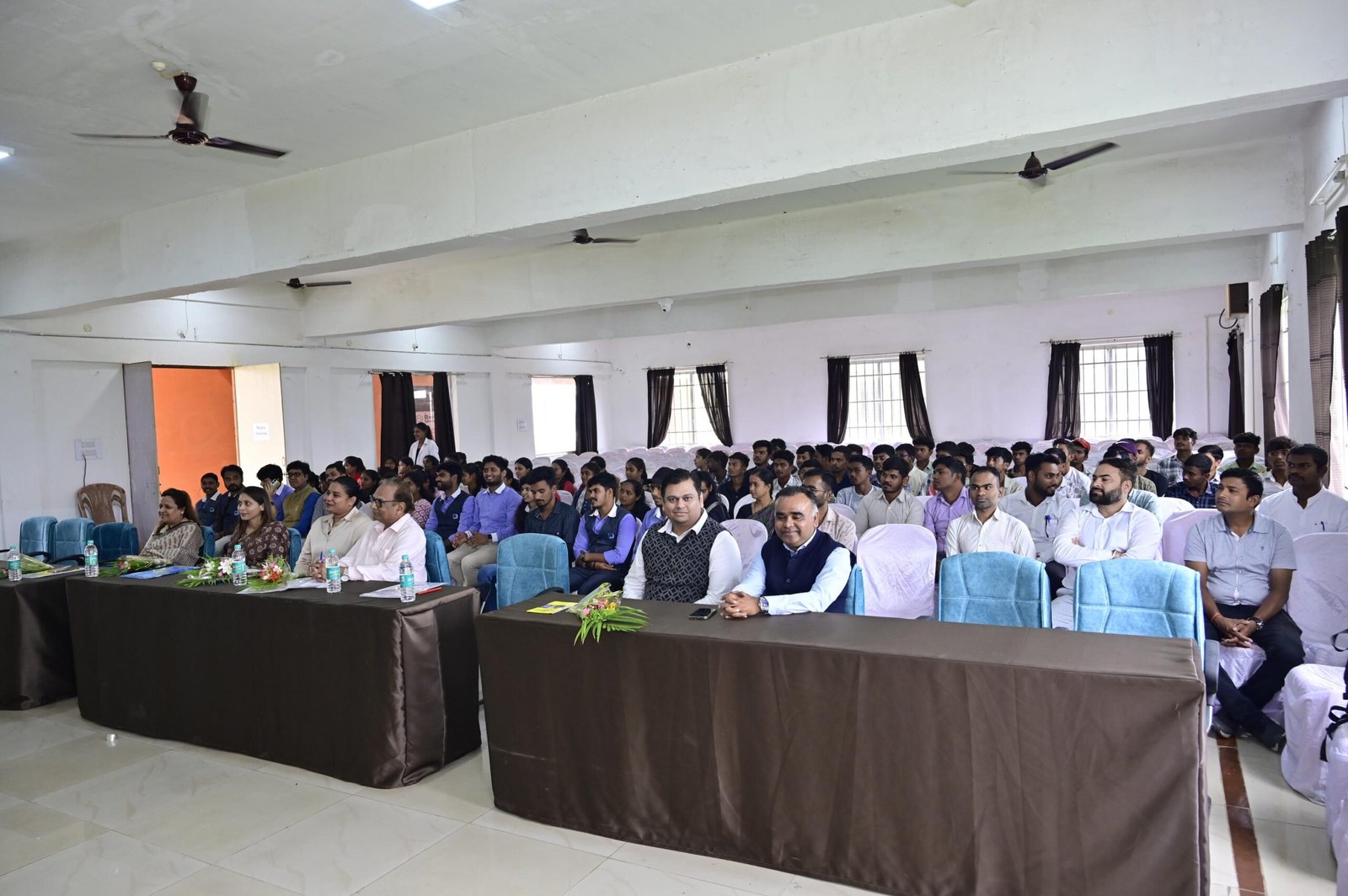
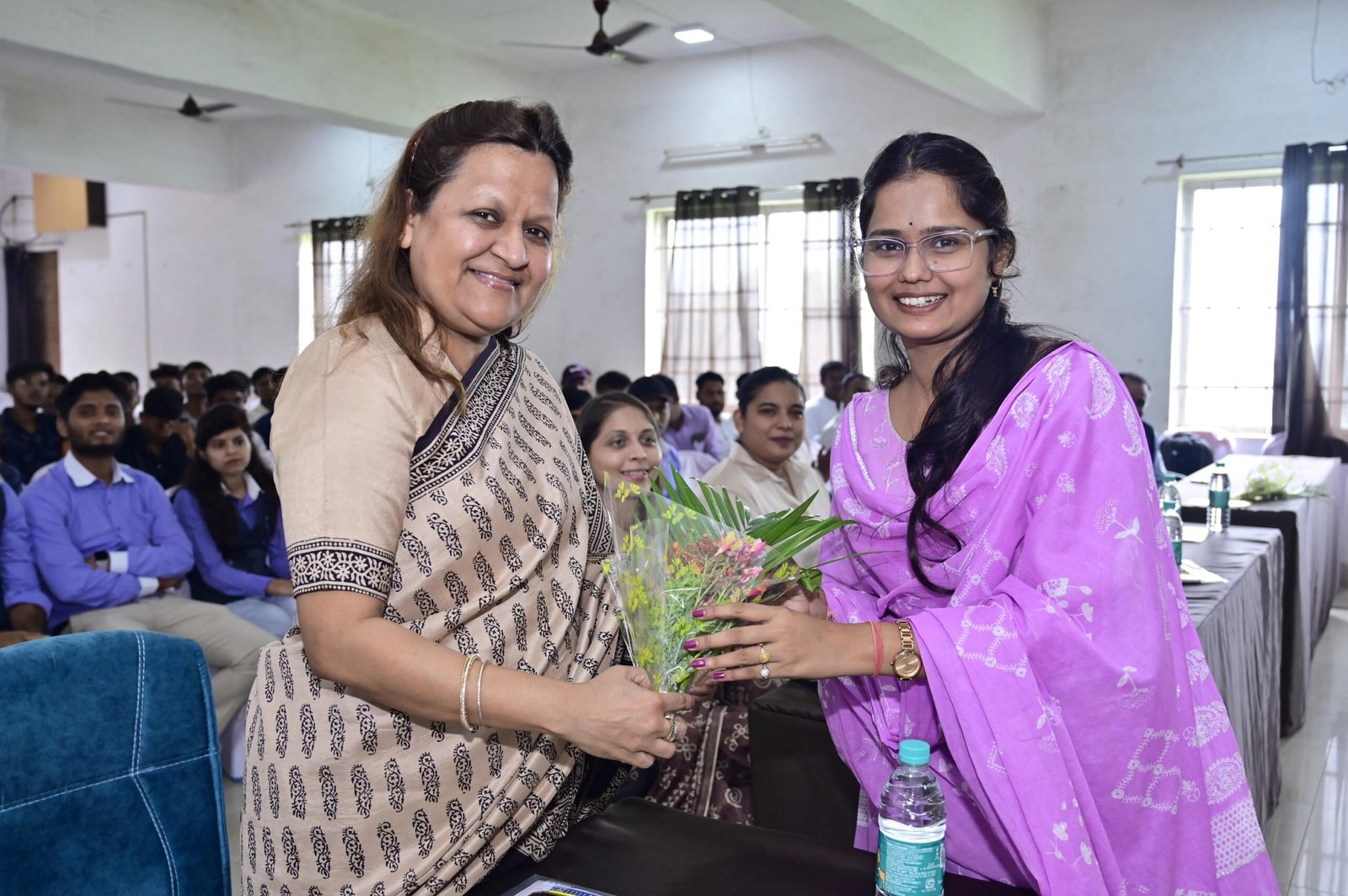
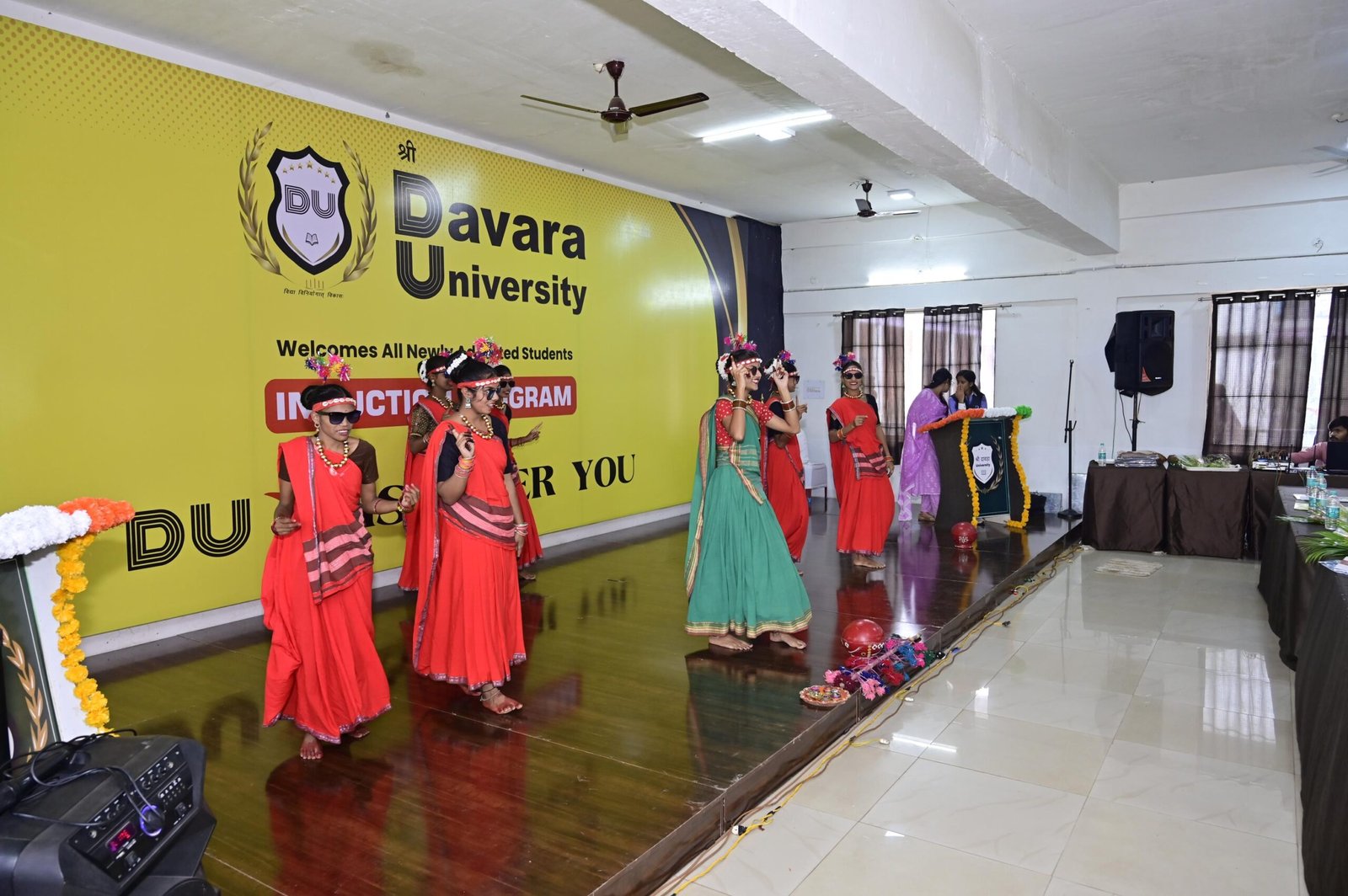
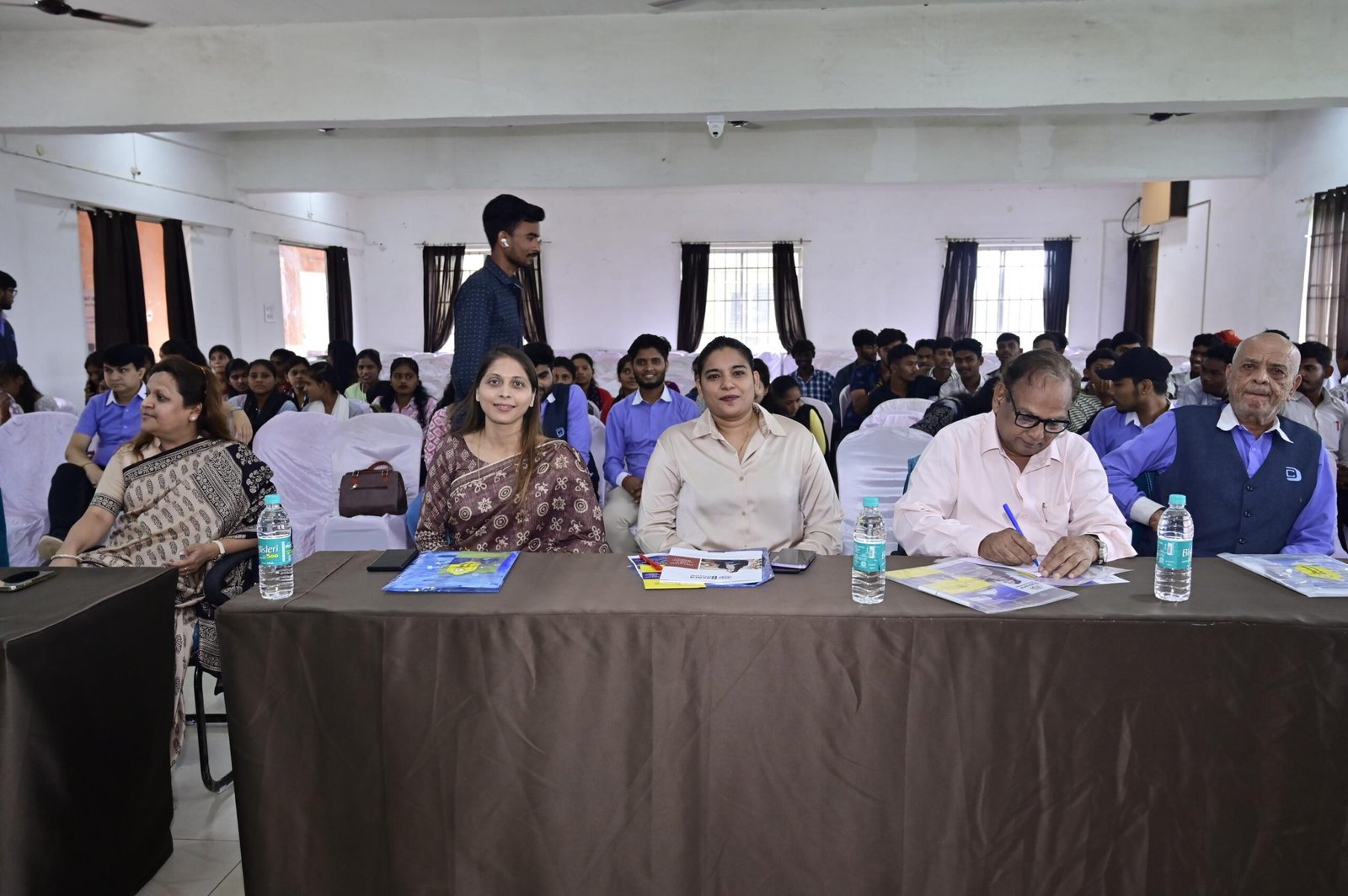
The Bachelor of Science Honours in Forestry (BSc Forestry Hons) is a comprehensive four-year undergraduate program designed to equip students with the knowledge and skills necessary for effective forest management and conservation. This course covers a wide array of subjects, including dendrology, forest ecology, forest management, agroforestry, and forest microbiology.

Affordable tuition, financial aid, and scholarships to make your education attainable.
Fully accredited programs ensuring your degree is respected and recognized globally.
A wide range of programs in arts, sciences, business, and technology to fit your career goals.
Proven success with high employment rates and graduates at top companies worldwide.
The Bachelor of Science Honours in Forestry (BSc Forestry Hons) is a comprehensive four-year undergraduate program designed to equip students with the knowledge and skills necessary for effective forest management and conservation. This course covers a wide array of subjects, including dendrology, forest ecology, forest management, agroforestry, and forest microbiology. Students learn about the physiology of trees, the management of forest resources, and the policies and legislation governing forestry practices. The curriculum is structured to provide a blend of theoretical knowledge and practical experience, with significant emphasis on fieldwork, laboratory exercises, and research projects. Admission to the BSc Forestry Hons program typically requires completion of higher secondary education with a strong background in science, and may involve entrance exams or merit-based selection. Graduates of this program are well-prepared for careers in various sectors such as wildlife conservation, forest management, environmental consultancy, and research. They can work as forest managers, conservation scientists, environmental consultants, or pursue further studies in specialized fields.
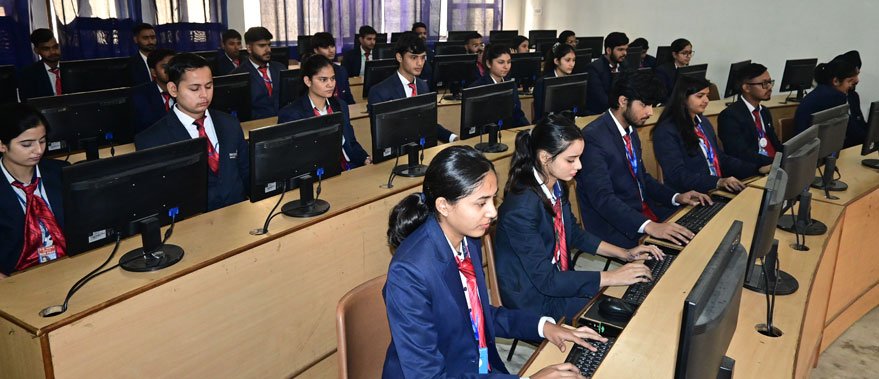
Apply the knowledge of mathematics, science, engineering fundamentals, and an engineering specialization to the solution of complex engineering problems.
Identify, formulate, research literature, and analyze complex engineering problems reaching substantiated conclusions using first principles of mathematics, natural sciences, and engineering sciences.
Design solutions for complex engineering problems and design system components or processes that meet the specified needs with appropriate consideration for the public health and safety and the cultural, societal, and environmental considerations.
Use research-based knowledge and research methods including design of experiments, analysis and interpretation of data, and synthesis of the information to provide valid conclusions.
Create, select, and apply appropriate techniques, resources, and modern engineering and IT tools including prediction and modeling to complex engineering activities with an understanding of the limitations.
Apply reasoning informed by the contextual knowledge to assess societal, health, safety, legal and cultural issues and the consequent responsibilities relevant to the professional engineering practice.
Understand the impact of the professional engineering solutions in societal and environmental contexts, and demonstrate the knowledge of, and need for sustainable development.
Apply ethical principles and commit to professional ethics and responsibilities and norms of the engineering practice.
Function effectively as an individual, and as a member or leader in diverse teams, and in multidisciplinary settings.
Communicate effectively on complex engineering activities with the engineering community and with society at large, such as, being able to comprehend and write effective reports and design documentation, make effective presentations, and give and receive clear instructions.
Demonstrate knowledge and understanding of the engineering and management principles and apply these to one’s own work, as a member and leader in a team, to manage projects and in multidisciplinary environments.
Recognize the need for, and have the preparation and ability to engage in independent and lifelong learning in the broadest context of technological change.






